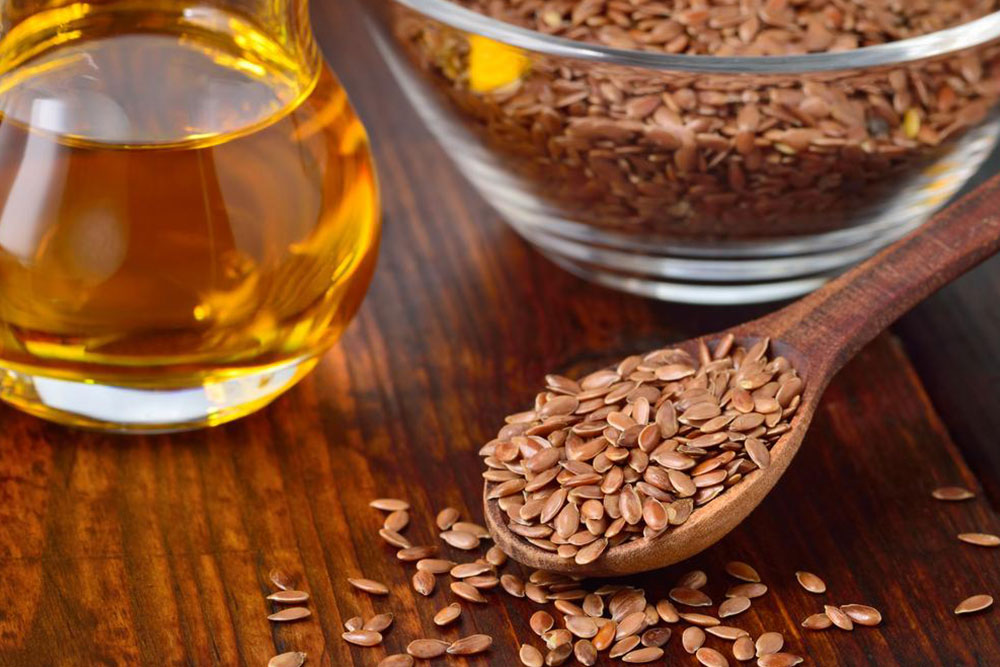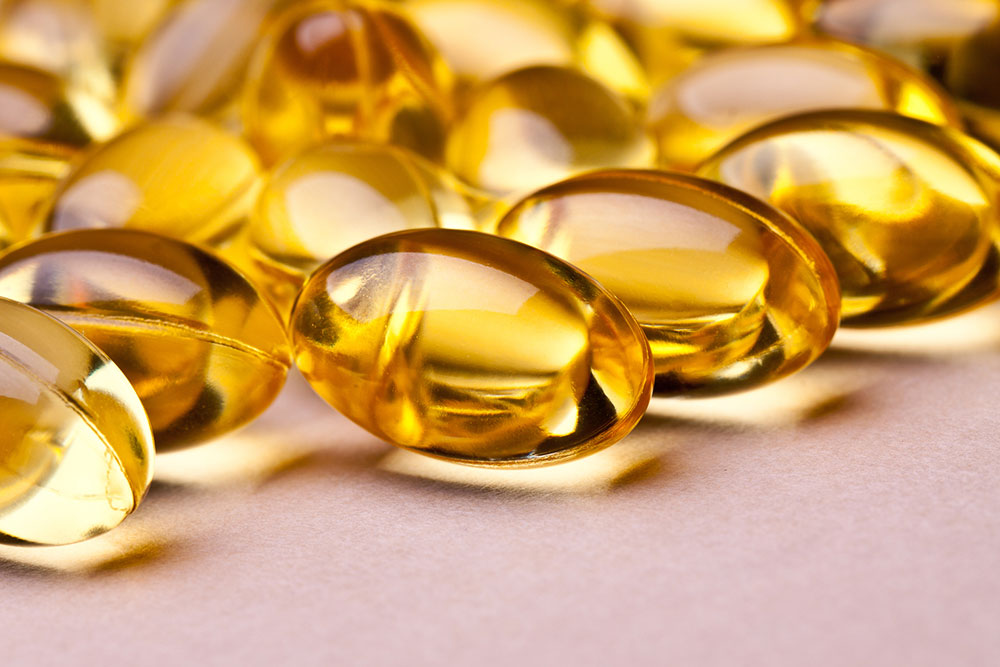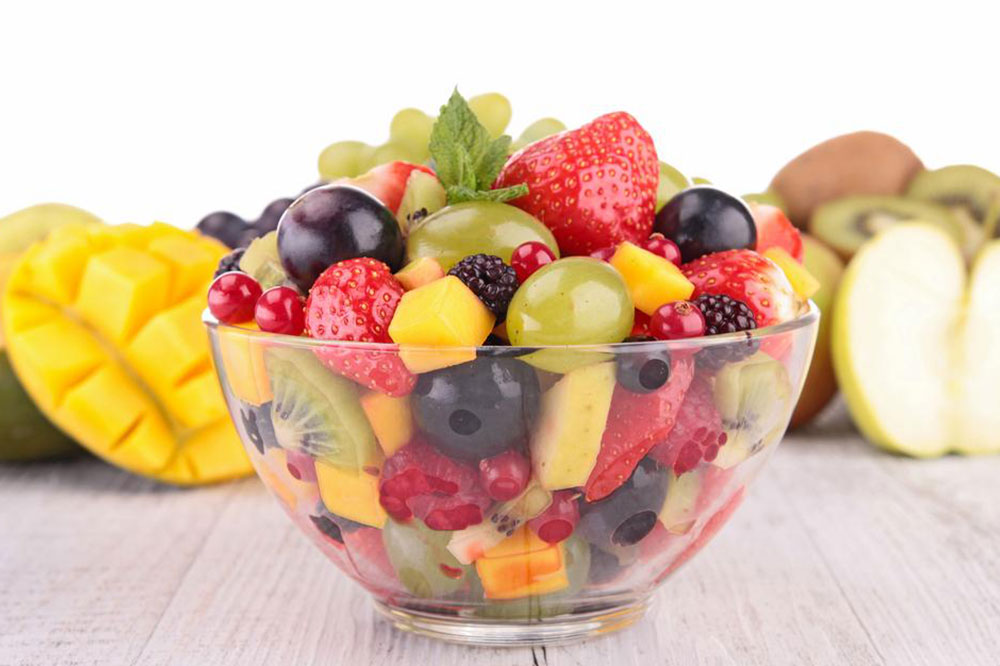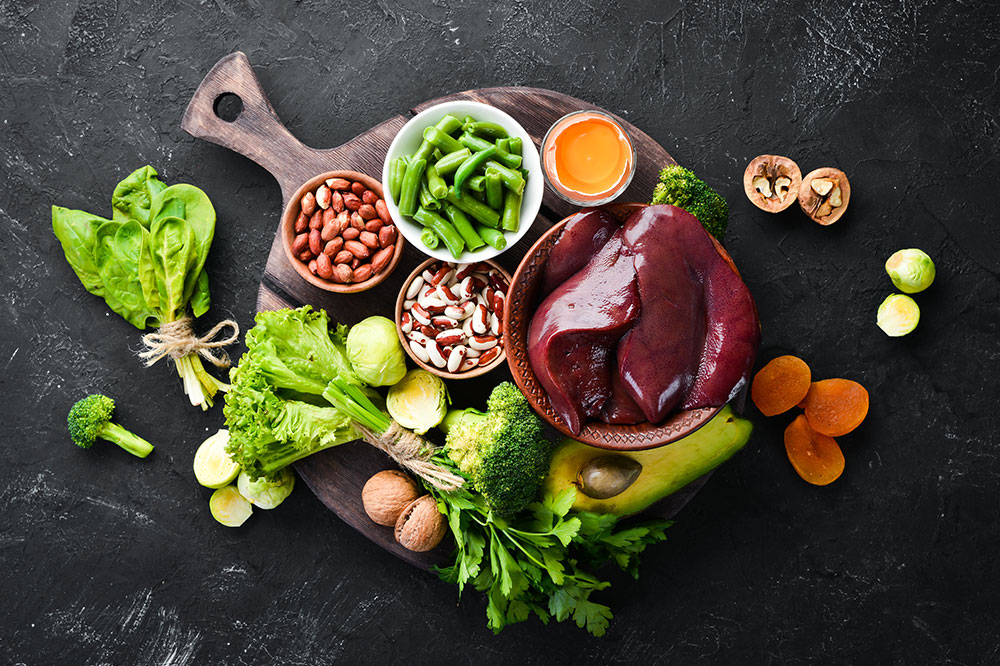Comprehensive Guide to the Top 13 Anti-Inflammatory Foods for Better Health and Well-being
Discover the top 13 anti-inflammatory foods that can boost your health and help combat chronic inflammation. This comprehensive guide explains how foods like fatty fish, whole grains, leafy greens, nuts, and berries support your immune system, reduce joint pain, and lower disease risk. Incorporate these nutrient-dense options into your daily diet for improved well-being, better digestion, and long-term health benefits. Learn practical tips on creating inflammation-fighting meals to promote longevity and vitality through balanced nutrition and healthy habits.

Comprehensive Guide to the Top 13 Anti-Inflammatory Foods for Better Health and Well-being
Inflammation is a natural part of the body's healing response, helping to fight infections and repair damaged tissues. However, when inflammation becomes chronic, it can trigger a variety of health problems, including rheumatoid arthritis, cardiovascular diseases, diabetes, and other inflammatory conditions. Understanding the dietary factors that influence inflammation is essential for maintaining optimal health. This detailed guide explores the top 13 anti-inflammatory foods, their health benefits, and how incorporating them into your diet can promote better health and reduce chronic inflammation.
Chronic inflammation is often linked to poor dietary habits, such as high intake of sugar, refined carbohydrates, saturated fats, and processed foods. These foods can promote inflammatory pathways, leading to joint pain, fatigue, weight gain, and damage to blood vessels. Conversely, foods rich in omega-3 fatty acids, fiber, antioxidants, and phytochemicals can help counteract inflammation and support immune function.
In this article, we will delve into each of the 13 foods renowned for their anti-inflammatory properties, explain how they work, and offer practical tips on how to include them in your daily meals for maximum health benefits.
1. Fatty Fish Rich in Omega-3 Fatty Acids
Fatty fish such as salmon, tuna, mackerel, and sardines are among the most potent anti-inflammatory foods. They are abundant in omega-3 fatty acids, primarily eicosapentaenoic acid (EPA) and docosahexaenoic acid (DHA), which play a critical role in reducing inflammation throughout the body.
Numerous studies show that regular consumption of omega-3-rich fish can decrease levels of inflammatory markers like C-reactive protein (CRP) and interleukin-6 (IL-6). Incorporating fish into your diet two to three times weekly can significantly improve inflammatory conditions, especially in individuals with rheumatoid arthritis and cardiovascular diseases.
If you are not a fan of fish, omega-3 supplements derived from fish oil or algae are effective alternatives. However, it is best to choose high-quality products and consult your healthcare provider before starting supplementation.
2. Whole Grains for Fiber and Anti-Inflammatory Benefits
Whole grains like oats, brown rice, quinoa, barley, and whole wheat contain high levels of dietary fiber, which promotes gut health and modulates inflammatory responses. Unlike refined grains, which have been stripped of their fiber, whole grains help lower inflammatory markers and support a healthy microbiome.
Incorporating whole grains into your meals, such as breakfast oats, brown rice bowls, or whole wheat bread, can contribute to reduced inflammation. Their rich fiber content also aids in weight management, further reducing inflammation that can be associated with obesity.
3. Dark Leafy Greens Rich in Vitamins and Phytochemicals
Dark leafy greens like spinach, kale, broccoli, collard greens, and Swiss chard are packed with vitamins A, C, E, and minerals that bolster the immune system and fight inflammation. These vegetables also contain powerful phytochemicals such as lutein, flavonoids, and carotenoids which act as natural antioxidants.
Consuming raw greens in salads or lightly steaming them preserves their nutrient content. Regular intake of greens has been linked with decreased risk of chronic diseases, including heart disease and certain cancers, partly due to their anti-inflammatory effects.
4. Nuts and Seeds: Powerful Antioxidant Sources
Nuts like almonds, walnuts, pistachios, and seeds such as chia and flaxseed are rich in healthy fats, fiber, protein, and phytochemicals. Walnuts, in particular, contain polyunsaturated fats and polyphenols that reduce inflammation efficiently.
Eating a handful of nuts daily can help mitigate inflammatory processes, improve lipid profiles, and support cardiovascular health. Be mindful of portion sizes, as nuts are calorie-dense.
5. Soy Products and Isoflavones
Low-fat soy foods, including tofu, tempeh, soy milk, and edamame, are excellent sources of isoflavones, plant-derived compounds with anti-inflammatory properties. Isoflavones can inhibit enzymes involved in inflammation and modulate immune responses.
They are particularly beneficial for women, helping to alleviate menopausal symptoms and reduce inflammation-related conditions. Choosing minimally processed soy products maximizes their health benefits.
6. Low-Fat Dairy for Gut and Overall Health
Skim or low-fat dairy products like yogurt, kefir, and milk provide probiotics, calcium, and vitamin D, which support gut health—a key factor in controlling systemic inflammation. The probiotics in yogurt and kefir enhance beneficial gut bacteria, which play a role in reducing inflammatory responses.
Opt for unsweetened varieties to avoid added sugars that may promote inflammation. For those with lactose intolerance or dairy allergies, fermented dairy alternatives and supplements can be considered.
7. Bright-Colored Vegetables: Peppers and Tomatoes
Bell peppers, chili peppers, and tomatoes are rich in antioxidants such as vitamin C, capsaicin, and lycopene. These compounds help neutralize free radicals, reduce oxidative stress, and ease inflammatory pain.
Cooking tomatoes enhances the bioavailability of lycopene, making it more effective. Incorporate red, yellow, and orange peppers and tomatoes into salads, stews, or roasted vegetable dishes for a vibrant, health-boosting addition.
8. Beets and Beetroot Juice
Beets contain betalains, pigments with potent anti-inflammatory and detoxification properties. They have been linked to improved blood flow, reduced blood pressure, and decreased markers of inflammation.
Drinking beetroot juice or adding cooked beets to your meals is an easy way to harness their health benefits. They may also offer protective effects against cardiovascular diseases and certain cancers.
9. Spices: Turmeric and Ginger
Turmeric contains curcumin, a widely studied compound with powerful anti-inflammatory effects. Ginger, another potent spice, contains gingerol, which helps reduce inflammation and support digestive health.
Adding these spices to soups, curries, teas, or smoothies can enhance flavor and provide significant anti-inflammatory benefits. Pairing turmeric with black pepper improves curcumin absorption dramatically.
10. Allium Vegetables: Onions and Garlic
Onions and garlic are rich in organosulfur compounds and flavonoids like quercetin that inhibit enzymes involved in inflammation. Raw or lightly cooked garlic, especially when crushed and allowed to rest, delivers maximum health benefits.
Red and yellow onions tend to have higher quercetin content than white onions. Regular inclusion of allium vegetables can support immune health and reduce systemic inflammation.
11. Berries: Rich in Antioxidants
Berries such as blueberries, strawberries, raspberries, and tart cherries are loaded with anthocyanins, flavonoids, and other antioxidants. These natural compounds reduce inflammatory markers and decrease the risk of chronic diseases.
Blueberries are especially noted for their cardiovascular benefits, including lowering blood pressure and improving arterial flexibility. Tart cherries have been linked to decreased inflammation and muscle soreness.
12. Lifestyle Factors and Dietary Habits
In addition to eating anti-inflammatory foods, adopting a healthy lifestyle is crucial. Regular physical activity, maintaining a healthy weight, managing stress, and avoiding smoking all contribute to reducing inflammation.
Limiting processed foods, added sugars, and saturated fats in your diet further supports anti-inflammatory efforts. Staying well-hydrated and getting adequate sleep are also vital components of an inflammation-fighting lifestyle.
13. When to Seek Medical Help
While diet and lifestyle modifications are effective for managing inflammation, persistent or severe symptoms should be evaluated by a healthcare professional. They can diagnose underlying conditions and recommend appropriate treatments, potentially including anti-inflammatory medications or therapies.
In summary, a balanced diet rich in specific anti-inflammatory foods, combined with a healthy lifestyle, can significantly reduce inflammation and improve overall health. Making these dietary choices not only helps prevent chronic diseases but also enhances general well-being and longevity.





